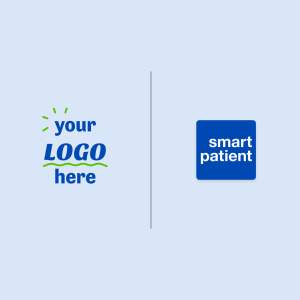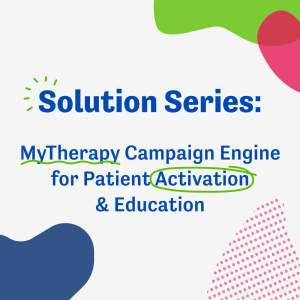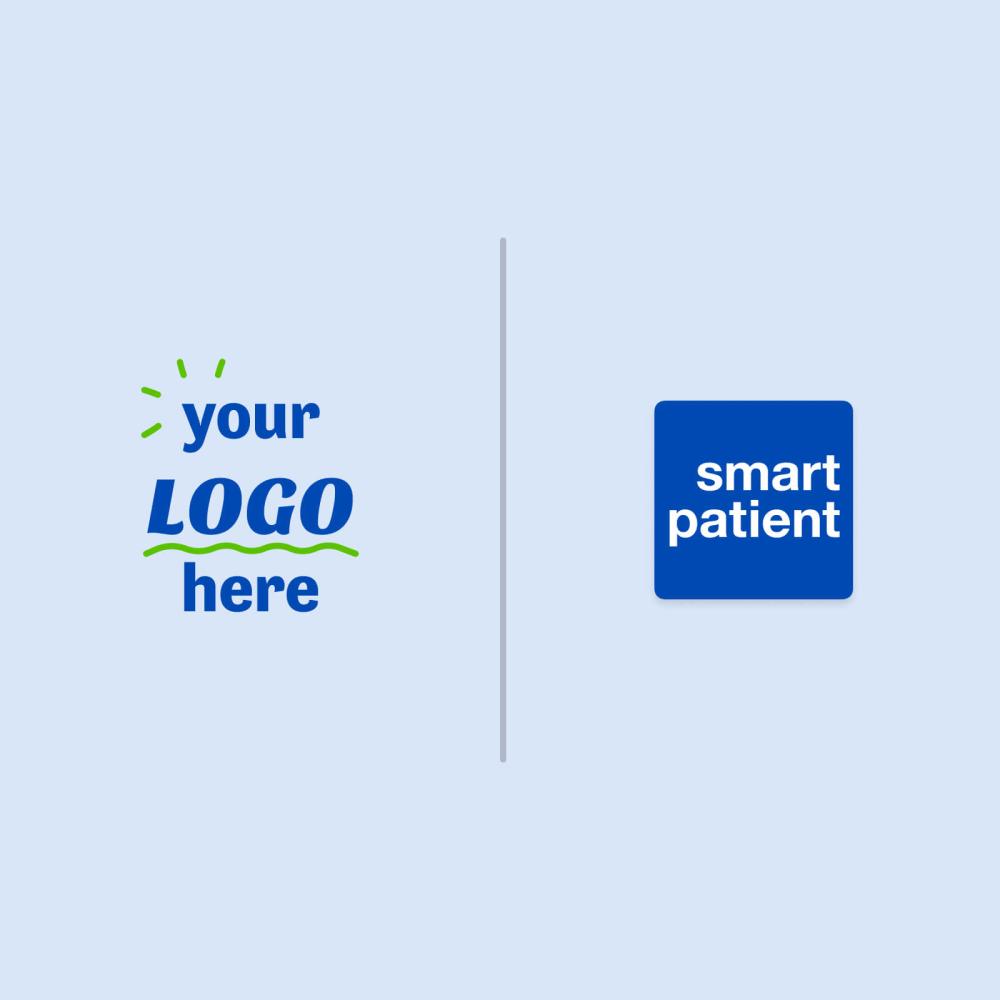9 Times Higher Patient Activation: Pharma Role & Responsibilities in the “Age of Ozempic”
We conducted a survey among hundreds of MyTherapy users taking diabetes medications and found that those taking Ozempic were up to nine times likelier to have asked their doctor for that specific treatment. The result raises questions about the role pharma plays in patient education

- In a survey of MyTherapy users taking type two diabetes medications, those taking Ozempic were up to nine times likelier to have specifically requested the drug themselves
- Such results demonstrate how patients taking an active role in their treatment can influence prescription decisions
- Pharma can take advantage of digital tools to provide more engaging educational materials, helping ensure safe and accurate information is readily available
We conducted a survey among over 750 MyTherapy users taking a range of type 2 diabetes treatments and found that, compared to other medications, patients taking Ozempic were far likelier to have requested the treatment themselves. This result reflects the more active role patients play in prescription decisions than in years gone by and, given the social media hype surrounding Ozempic, whether pharma should be doing more to make educational materials more readily available.
MyTherapy Survey Among Users with Diabetes: The Results
We sent a survey to hundreds of MyTherapy users with medication reminders scheduled for a variety of type 2 diabetes drugs, generating 752 responses. One of the questions asked in the survey was how users came to be prescribed the treatment that they are on, with the answers being: “It was the clear recommendation from my doctor,” “I chose it with my doctor from a range of choices,” “I explicitly asked my doctor about it,” and “I do not remember.”
The standout result was that a far higher percentage of Ozempic patients said they had asked about the treatment compared to others.
The percentage of patients who explicitly asked about Ozempic is nearly six times greater than the percentage who asked about Forxiga and nine times higher than the percentage who asked about Trulicity.
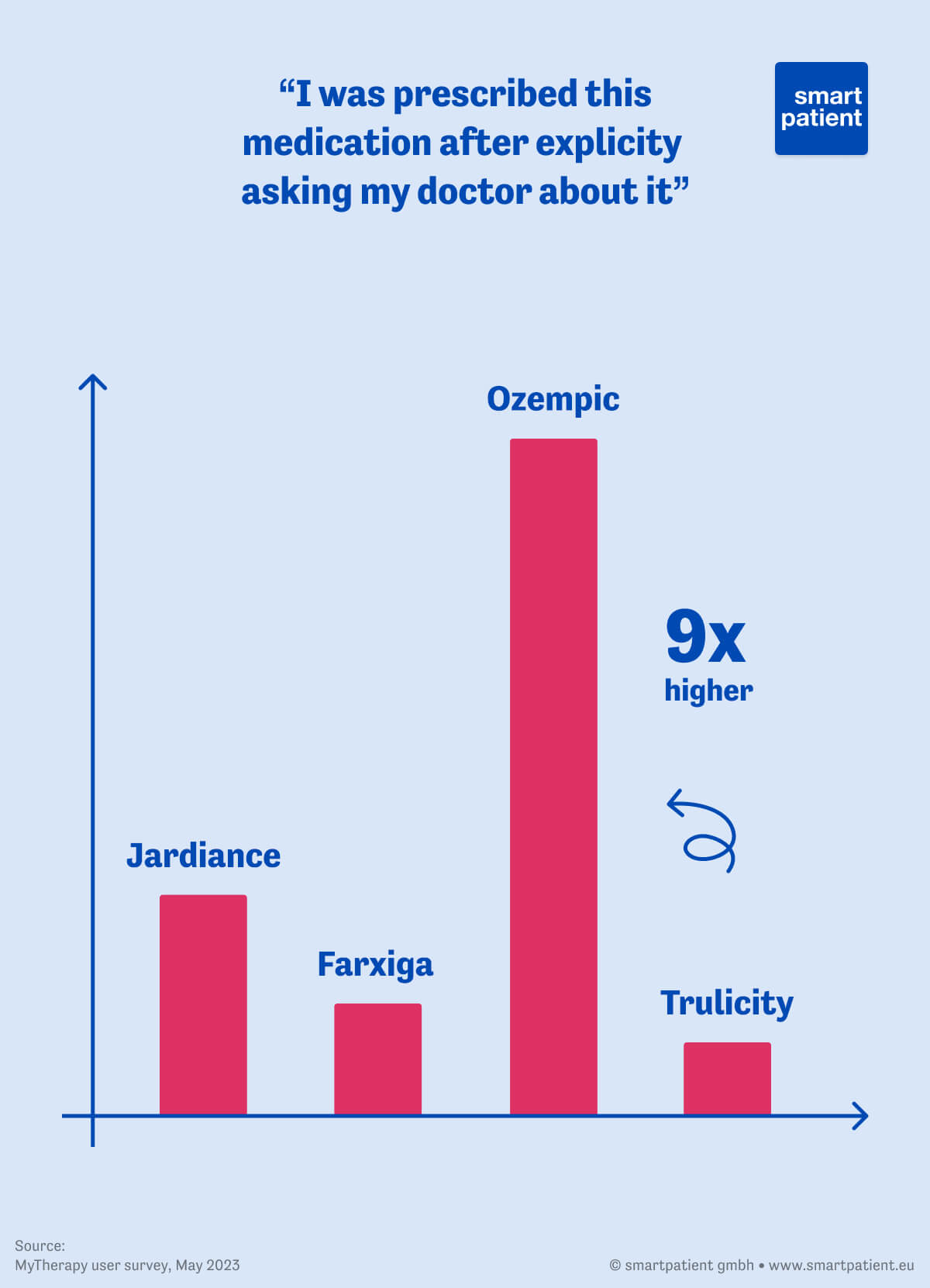
The result is unlikely to come as a surprise to anyone who has followed the news regarding Novo Nordisk’s Ozempic in the last 12 to 18 months, in which time it has become something of a phenomenon on social media platforms, most notably Instagram and TikTok, for its effectiveness in aiding weight loss.
Nonetheless, the result reflects the more active role patients can play in prescription decisions while shining a light on the manner in which information can be consumed online, raising the question of what responsibility pharma companies have to make safe and accurate information readily available.
Patient Activity in Prescription Decisions: Is Ozempic an Outlier?
Ozempic is an extreme example of a prescription medication gaining huge traction online, both on social media and mainstream websites.
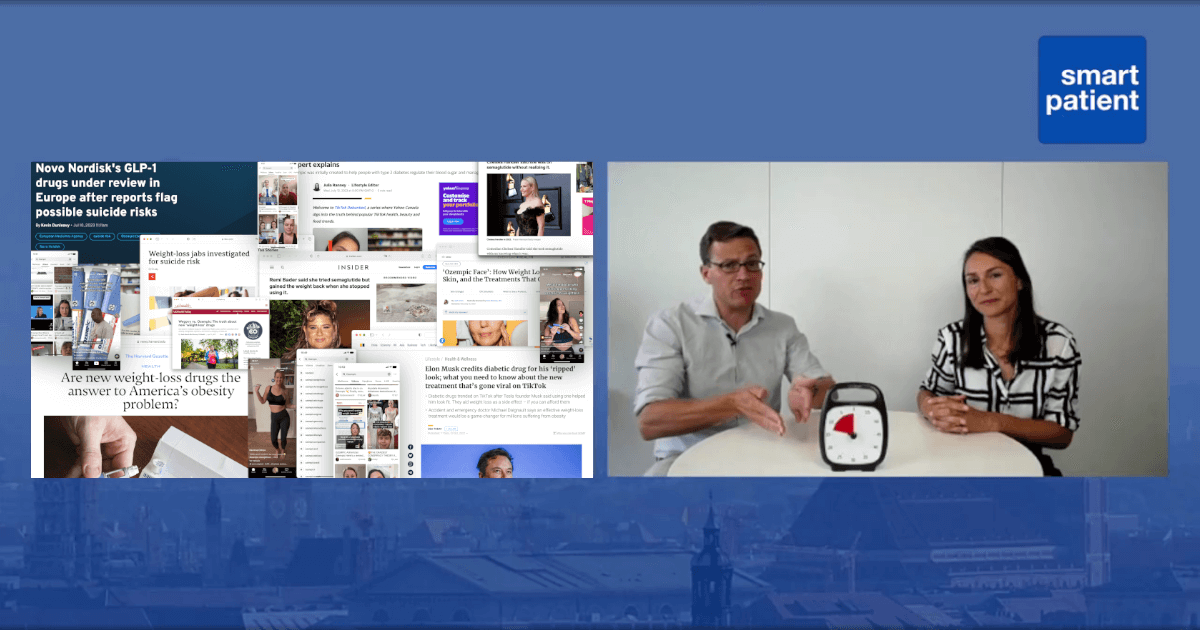
However, we ran the same survey among patients taking psoriasis medications and found that over a third played some role in the prescription decisions – such as selecting it with their doctor from a range of options.
Furthermore, the results of a short survey we ran among a sample of our pharma network found that almost three-quarters of respondents believe patients play a more active role in the prescription decision than they did 20 years ago.
Combined, the consensus is that patients are more involved in their treatment than ever before and that the information they are consuming can come from non-traditional channels, such as social media. Should pharma, therefore, be doing more to make safe, accurate, and engaging educational content more readily available to patients? According to another result from the previously mentioned survey, the answer is a unanimous “yes.”
For many years, strict marketing restrictions for prescription medications have resulted in pharma taking an extremely cautious approach to patient communication, particularly outside of the US. However, this position is getting more difficult to justify given the above context. Furthermore, it is possible for pharma to distribute educational materials to patients in an engaging manner while adhering to restrictions around the world.
Campaigns of such nature have been run by pharma; however, they still account for just a small percentage of the materials being produced by companies. For the most part, pharma still relies heavily on the tried-and-tested method of communicating with healthcare professionals rather than with patients directly.
Rather than ignoring the growing influence patients have on treatment decisions, though, pharma can view patient activity as an opportunity to better inform patient communities. Distributing engaging content through the appropriate channels can help ensure patients are better informed and better prepared for discussions with healthcare professionals.
Continued Engagement After the Prescription
Beyond distributing educational materials aimed at engaging patient populations prior to the prescription decision being made, pharma can continue to provide information and support to patients throughout the treatment journey using digital companions. After all, patients taking an active role in the prescription decision are likely to continue to be engaged with their treatment.
Pharma can deliver content that supports patients throughout the initiation phase of treatment and beyond, helping ensure patients take their treatment correctly and safely. This, in turn, helps support long-term adherence and persistence, which are long-standing challenges within healthcare.
Ultimately, increased levels of patient activity across therapeutic areas should not be a topic for pharma to ignore. Instead, companies can take advantage of digital tools to engage patients in a more meaningful manner, helping share educational materials that allow patients to make more informed decisions regarding their prescription choices and, once prescribed a treatment, take it safely.
If you want to discuss patient activation in more detail and learn more about the patient engagement solutions we offer our pharma partners, don’t hesitate to book a meeting.
